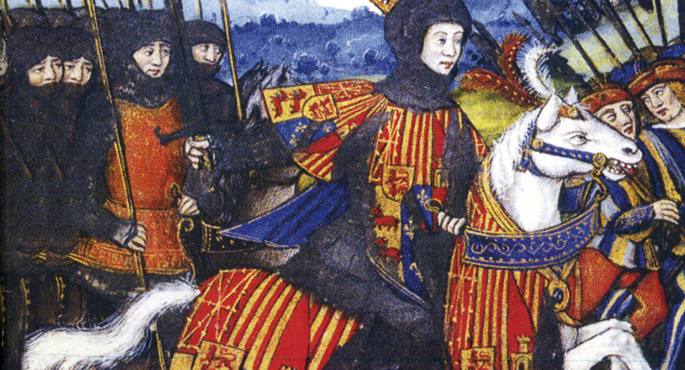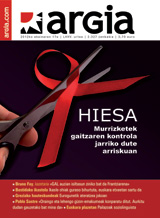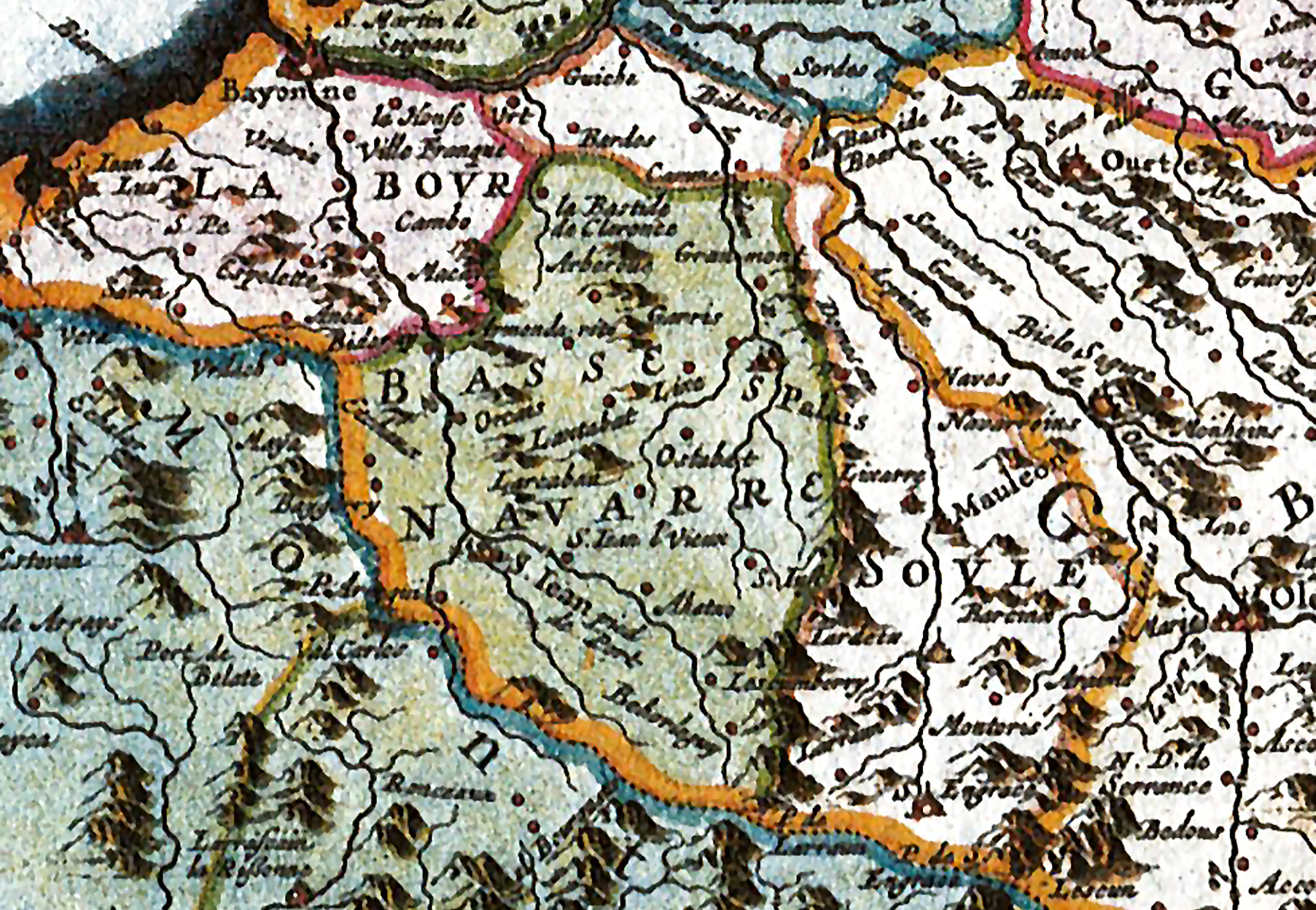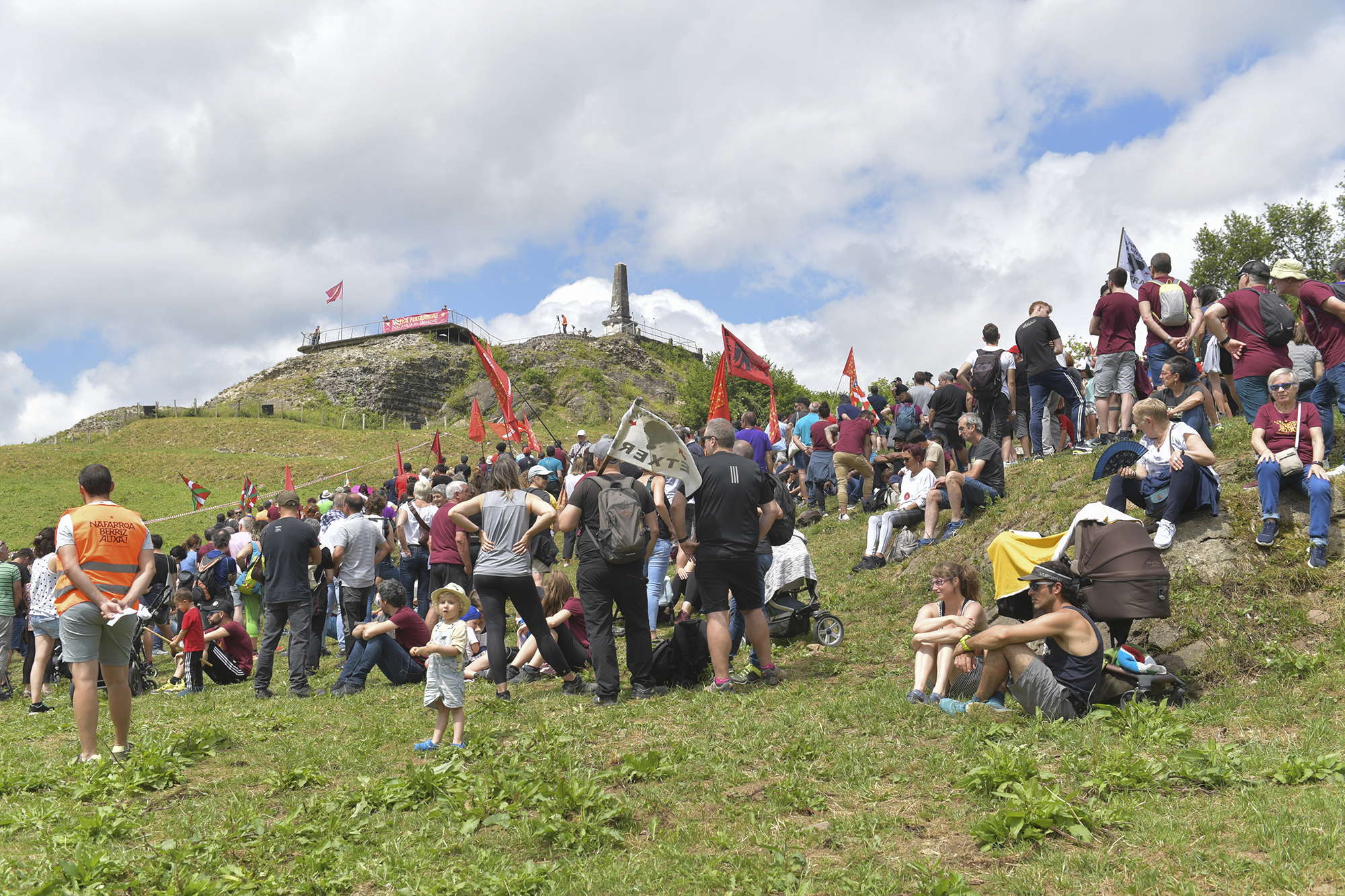1512: The defeat of the hour, the challenge of today

Seen since TODAY, debate and reflection are what have brought the significant and important dates of 1512-2012 in general, and in today's society, agile and superficial, that is a lot. The current dialectic clearly shows how the past is projected to the present and vice versa, the present to the past.
The conquest, for example, or the pact? Navarrismo has managed to bring the idea of the historical pact of the kingdoms of Navarre and Spain to the current legal system, there is no doubt, the idea of the Foral Improvement is the most important of it.
But from the historical point of view, even Navarrismo himself recognizes today that that year of 1512 was a conquest, like many others that were made at that time. The historian Navarrista Alfredo Floristan, who presides over the special commission of the Government of Navarra for the centenary, in his articles written on the occasion of the date, makes this idea clear, for example, in the magazine Pregón: “Navarre in 1512: who conquered and who was conquered.” Yes, it was conquest, but it goes to say that we stopped being conquered, the Navarros and the nobility helped the conquest.
The historian Mercedes Galán also draws similar conclusions in the same magazine, analyzes whether the famous Julio Buldas II.aren justified the conquest and the answer is very clear: “There is no legal justification for the conquest.” So what's there? “The recognition of the population”, which at that time was carried out under the title of free and voluntary dependence of the king of Castile. In other words, the conquest was not fair, but it was finally accepted by the Navarros, especially by the traditional Navarros’ packets, and because Navarre was recognized as a kingdom, its institutions and its right.
Academic admissions have also reached politics and outreach, but fuzzy. The reflection launched by UPN among its militants is well known: “There is no point in the debate of conquest, annexation or incorporation...” And he recognizes that it was a conquest, “but better to use incorporation, as Fernando the Catholic did.” And they've done it. Navarra 1512. The incorporation of Navarre to the Crown of Spain” (title of the February Journal of the Proclamation). Yes, it was a conquest – it follows the revamped historical account – but not very hard, it was also sustained by the Behamonteses and the Navarros kings left Pamplona. In essence, the kings changed, but Navarre remained independent. That is what the official view of nabarrism is today.
WHAT ABOUT NATIONALISTS? How is the date being managed? There is no doubt that in recent years nationalism has been the one that has most shaken the date, both in the academic field, in the dissemination or in the street, as will be seen on Saturday in Iruñea with the call of Nafarroa Bizirik.En this area there are less uncertainties
about the facts, in addition a lot of research has been done in recent years and its consequences are even more clear political times: The main differences are found in the reading that history has to have in the national construction, or in the reconstruction, as many say, or in the characteristics that Navarra has to have in the structuring of the Basque Country.
It is good to take advantage of this centenary for the national claim, which in the current situation of Navarra and Euskal Herria is the logical and the most appropriate. But that the past does not fit the present, let alone the future: the past helps us to understand what we are, but what we will be, we have to decide it ourselves and now.
Although it is a period of five hundred years, there are similar characteristics in the Navarra society of then and today, one of them is that both then and today the elites, the kings and the lords then, the financial and economic elites today. And that, if they could, the population cut back at the time would lead to a sustainable situation. There's the day and now the battlefield.
The main difference is that then the citizens could not change that with their votes and today they can. That what they began to weave from the conquest can be overcome by the votes, that is the challenge, the hope of today’s Navarros nationalists.
Immersed in the war against the community lords and churches, in 1521, Castile obtained the help of his brother-in-law Enrique de Navarra II.ak, King Francisco I of France, to recover the kingdom of Navarre invaded, conquered and occupied nine years earlier.
Parents Enrike... [+]
Memoria eta aldarrikapen eguna izan da larunbatean Amikuzeko hiriburuan. "Sekulan baino gehiago, gure izanetik aurkitu indarraz, bihar gu girena hazi", izan dira Zabalik elkarteko presidentearen hitzak, Nafarroa Bizirik eguneko ekitaldi ofizialean.
The ideological heirs of the conquerors of the Kingdom of Navarra are today the political parties that manage means such as patriarchal intellectual production and EITB. These heirs continue with the colonization process of Navarre, distorting historical contexts and negating... [+]
The castle of Amaiur (1522), in Baztán, was the last strength of the resistance against the Spanish conquest of the Kingdom of Navarra. The rebels, with their courage, also dominated the kingdom of Spain, challenged by their hearts, sought to rise up against the... [+]
You will easily see Spaniards of a certain age who want to underestimate or reduce the severity of something: “More was lost in Cuba,” recalling the loss of the remains of the colonial empire in 1898. Hungarians also have a similar expression, which is used in the same sense... [+]




















